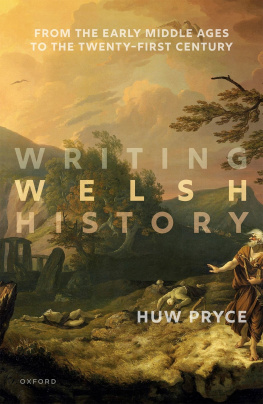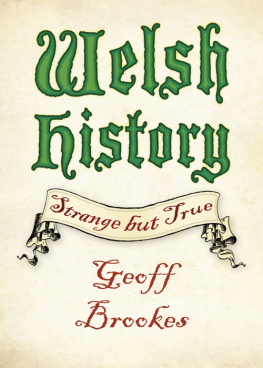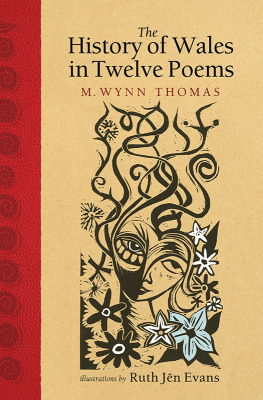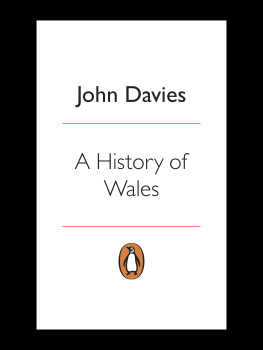Huw Pryce - Writing Welsh History: From the Early Middle Ages to the Twenty-First Century
Here you can read online Huw Pryce - Writing Welsh History: From the Early Middle Ages to the Twenty-First Century full text of the book (entire story) in english for free. Download pdf and epub, get meaning, cover and reviews about this ebook. City: Oxford, year: 2022, publisher: Oxford University Press, genre: History. Description of the work, (preface) as well as reviews are available. Best literature library LitArk.com created for fans of good reading and offers a wide selection of genres:
Romance novel
Science fiction
Adventure
Detective
Science
History
Home and family
Prose
Art
Politics
Computer
Non-fiction
Religion
Business
Children
Humor
Choose a favorite category and find really read worthwhile books. Enjoy immersion in the world of imagination, feel the emotions of the characters or learn something new for yourself, make an fascinating discovery.
Writing Welsh History: From the Early Middle Ages to the Twenty-First Century: summary, description and annotation
We offer to read an annotation, description, summary or preface (depends on what the author of the book "Writing Welsh History: From the Early Middle Ages to the Twenty-First Century" wrote himself). If you haven't found the necessary information about the book — write in the comments, we will try to find it.
perspectives both on the history of Wales and on understandings of Wales and the Welsh - and thus on the use of the past to articulate national and other identities. The studys broad chronological scope serves to highlight important continuities in interpretations of Welsh history. One enduring
preoccupation is Waless place in Britain. Down to the twentieth century it was widely held that the Welsh were an ancient people descended from the original inhabitants of Britain whose history in its fullest sense ended with Edward Is conquest of Wales in 1282-4, their history thereafter being
regarded as an attenuated appendix. However, Huw Pryce shows that such master narratives, based on medieval sources and focused primarily on the period down to 1282, were part of a much larger and more varied historiographical landscape. Over the past century the thematic and chronological range of
Welsh history writing has expanded significantly, notably in the unprecedented attention given to the modern period, reflecting broader trends in an increasingly internationalized historical profession as well as the influence of social, economic, and political developments in Wales and elsewhere.
Huw Pryce: author's other books
Who wrote Writing Welsh History: From the Early Middle Ages to the Twenty-First Century? Find out the surname, the name of the author of the book and a list of all author's works by series.









